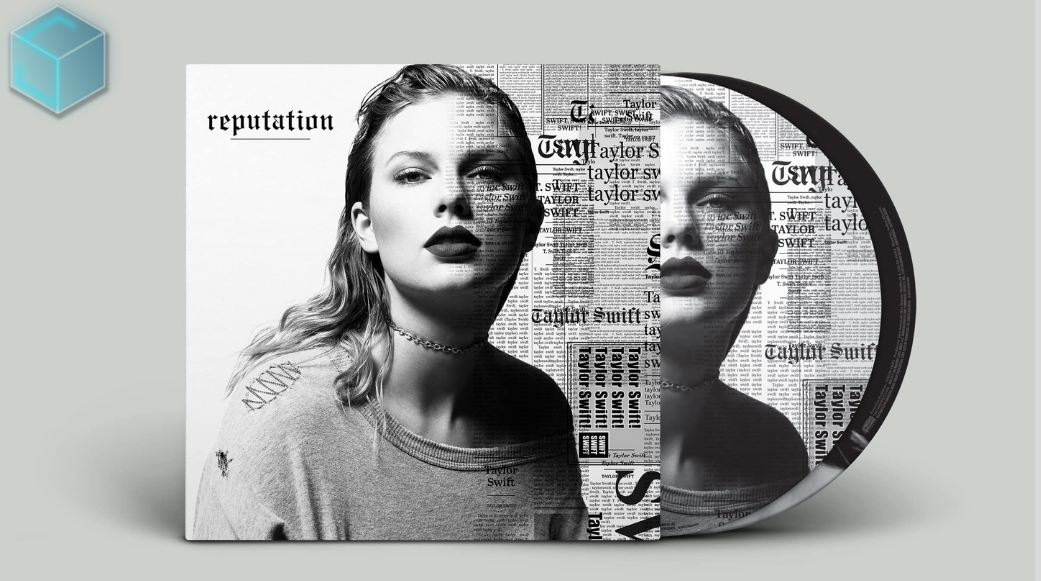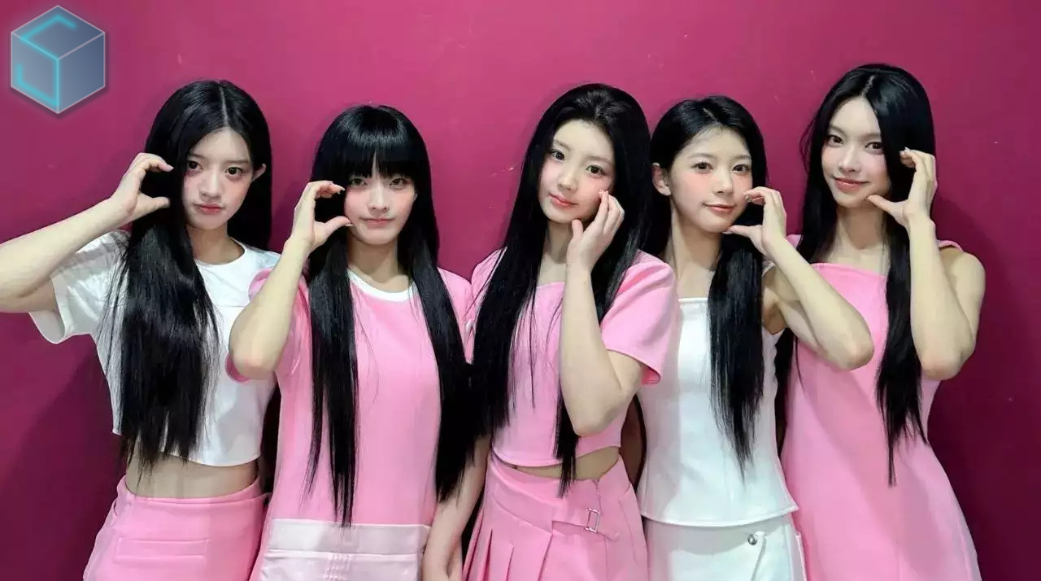
August 15, 2025
The music industry collectively lost its composure when Taylor Swift announced her twelfth studio album The Life of a Showgirl, with everyone from Sabrina Carpenter to Caitlin Clark publicly...
Read more
August 15, 2025
One of the most talked-about musical moments of the summer is JoJo Siwa's recent rendition of the 1981 classic "Bette Davis Eyes." On July 11, she shared her retro-style rendition, sparking intense...
Read more
August 15, 2025
Chappell Roan is keeping fans guessing about her sophomore album, admitting she has "no idea" what direction her new music will take. In a revealing interview with Apple Music 1's Zane Lowe, the...
Read more
August 15, 2025
In a candid new interview with GQ, Kansas City Chiefs tight end Travis Kelce is pulling back the curtain on his relationship with pop superstar Taylor Swift. The NFL star revealed intimate details...
Read more
August 15, 2025
At exactly 12:12 a.m. Tuesday, Taylor Swift revealed her 12th studio album, The Life of a Showgirl, via her official website. The announcement came as a countdown timer hit zero, setting off a wave...
Read more
August 15, 2025
Taylor Swift fans are buzzing after longtime collaborator Joseph Kahn revealed that the singer filmed — but never released — a music video for her Reputation track “King of My Heart” nearly a...
Read more
August 15, 2025
As his son Jack Blues approaches his first birthday on August 22, Justin Bieber is giving fans heartfelt glimpses into his life as a doting father. The 31-year-old superstar took to Instagram...
Read more
August 11, 2025
From August 1–3, Parc Jean-Drapeau wasn’t just a park, it was the main character. Osheaga 2025 rolled in with enough vibes to power your entire summer playlist, turning the city into a three-day...
Read more
August 11, 2025
In the ever-shifting world of K-pop, new groups arrive every year, but when BigHit Music announces a debut, the industry listens. Just days before BTS gears up for their long-awaited comeback, the...
Read more
August 11, 2025
When ILLIT dropped “Billyeoon Goyangi,” they probably didn’t expect to turn TikTok into one giant dance floor, but here we are, thousands of creators spinning, twirling, and body-rolling like their...
Read more
August 11, 2025
In a year where streaming milestones are harder to hit than that high note in ANTIFRAGILE, LE SSERAFIM has officially crossed 1 billion Spotify streams in 2025. The self-proclaimed fearless queens...
Read more
August 11, 2025
Imagine dropping your debut single and poof, you're suddenly everywhere. That’s exactly how ILLIT entered the scene with “Magnetic.” This banger didn’t just drop; it detonated, sending viral...
Read more.png)
AI in music has gone from sci-fi fantasy to daily reality. Tools like Suno are now powerful enough to generate melodies, lyrics, and even full songs in seconds. That’s exciting—and controversial. Just ask Timbaland. Recently, he came under fire for reportedly using music sent to him for review to train his Suno model without permission. For many creators, that felt like crossing a line.
So here’s the big question: should you use Suno in your workflow? The answer depends on how you approach it. If you’re the type who wants to stay ahead as an early adopter—not resisting new tools but also not handing over the keys to your artistry—then Suno can be a powerful ally. The trick is making sure you’re the creator, and Suno is just a tool.
AI has always sparked debate in creative communities. When Kanye West leaned into Auto-Tune on 808s & Heartbreak, people called it a gimmick. Now, it’s a standard tool in modern music. When Billie Eilish and Finneas started experimenting with extreme vocal layering, it sounded strange to some—but it defined an entire era of pop.
Suno is today’s version of that debate. Critics argue it’s cheating, while supporters say it’s no different than using a sampler or loop pack. Both sides have a point. The real danger is not the tool itself, but what you do with it. If you lean on AI to do everything, you’ll lose your artistic identity. But if you treat it like a collaborator that sparks ideas, you can level up without losing your voice.
Here’s the truth: humans are naturally lazy. We gravitate toward the path of least resistance. That’s why preset packs, ghostwriters, and sample libraries exist. AI just happens to be the newest shortcut.
But laziness doesn’t have to be a dealbreaker. If you let Suno replace your creativity, your music will sound generic. If you use it to free up time and mental space so you can focus on the details that matter, it becomes a growth tool.
Think about Timbaland again: people weren’t upset because he used Suno. They were upset because he allegedly skipped the human respect part of the equation. That’s the risk of laziness—you cut corners that compromise trust, originality, or taste.
No matter how good AI gets, the one thing it can never replicate is your taste.
Taste is what tells you a beat feels too cluttered, a lyric feels off, or a melody makes you feel something. It’s why Pharrell can hear a loop and transform it into a global hit, while someone else might shrug it off. Suno can generate endless ideas, but only your taste can filter those ideas into something that sounds authentically you.
If you train your taste—by studying great records, experimenting with sound design, and sharpening your ear—you’ll never be outshined by an algorithm. Taste is your compass, and Suno is just one more brush in your toolkit.
Here are four practical ways to use Suno effectively:
The Timbaland controversy shows the risks: if you’re lazy, careless, or disrespectful with how you use AI, it backfires. But if you’re thoughtful, disciplined, and guided by taste, Suno can be a powerful tool in your workflow.